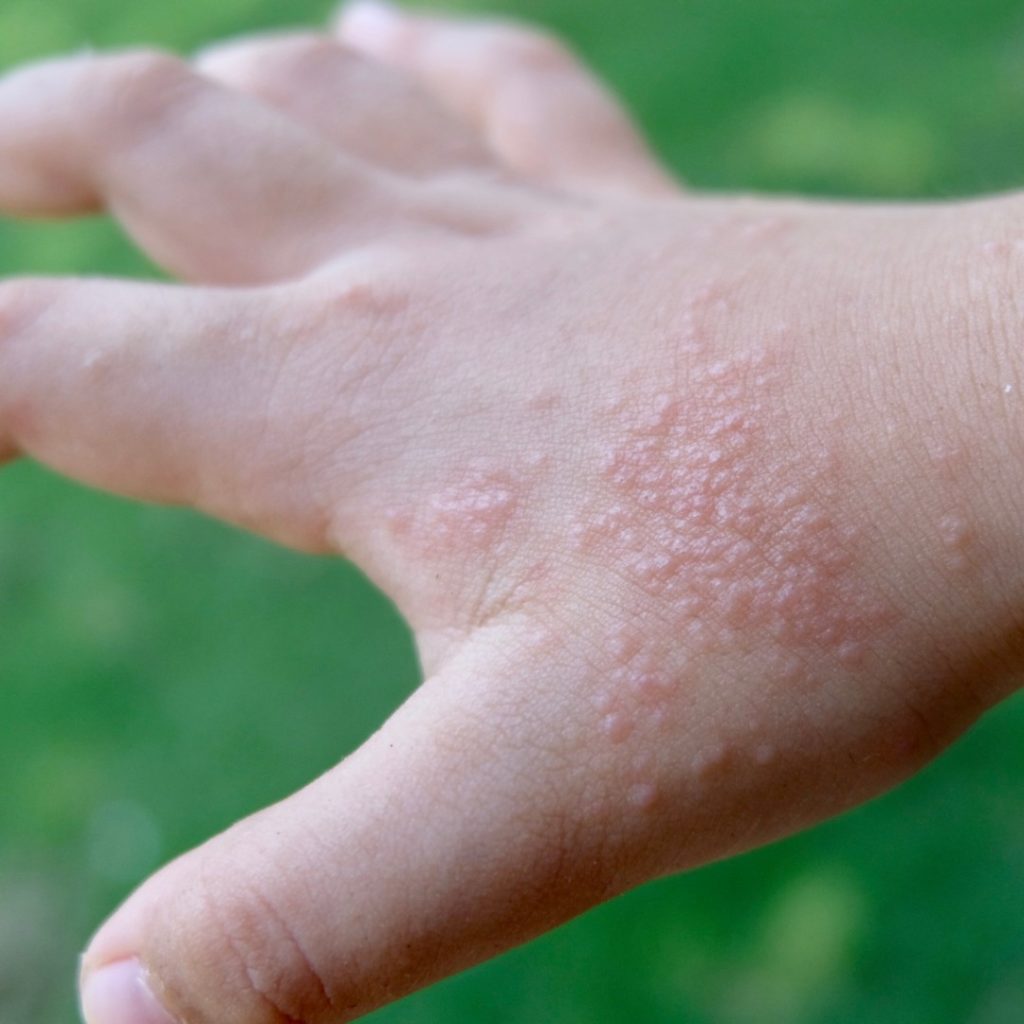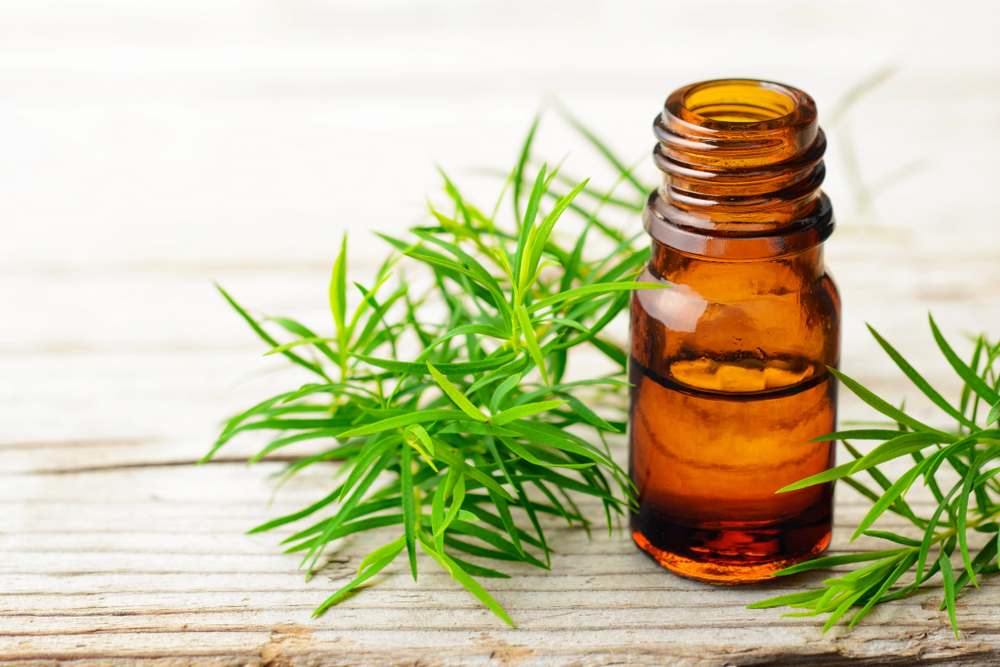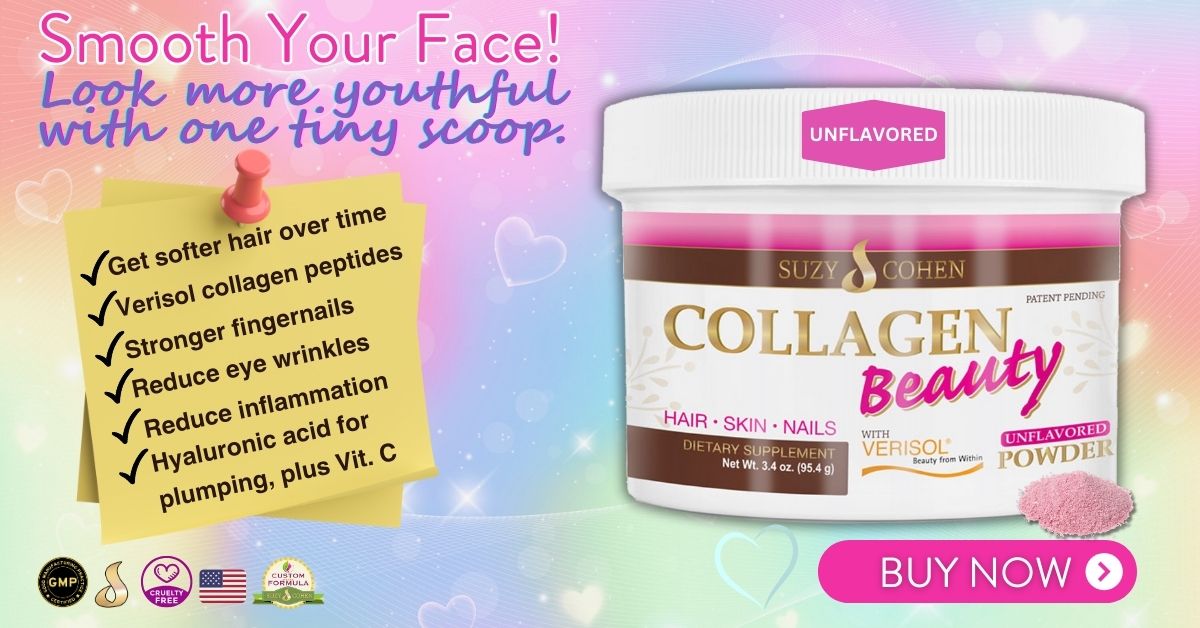
Many people take “biologic” drugs that have anti-inflammatory actions on the body and reduce the symptoms of chronic inflammatory conditions that are auto-immune in nature. I’m thinking of ankylosing spondylitis, psoriatic arthritis, Crohn’s disease, psoriasis, lupus and rheumatoid arthritis. These medications work well for some people who have an over-active immune system that is destroying its own tissue. If I could think of one negative it would be that they don’t cure or eliminate the root cause of the self-attack. If there was another, these drugs suppress immunity.
Recently, a study published in JAMA Cardiology found that using some of these medications could have a beneficial impact on the cardiovascular system. More specifically, some might be good at reducing your risk of heart attack. This makes sense to me because after all, the drugs are reducing pro-inflammatory cytokines in the body, including the heart. Researchers concluded, “Our findings add to the growing body of research that shows treating underlying inflammatory conditions may reduce the risk of cardiovascular diseases.”
Again, no surprise there. And for the record, you can suppress inflammation in the body with many botanicals including boswellia, turmeric, ashwagandha, quercetin, resveratrol, astaxanthin and more. I have an article you might interested in, 5 Supplements for Beautiful Skin.
Biologic Drugs – Suppress or Calm the Immune System
infliximab (Remicade)
adalimumab (Humira)
etanercept (Enbrel)
ustekinumab (Stelara)
ixekizumab (Taltz)
secukinumab (Cosentyx)
guselkumab (Tremfya)
brodalumab (Siliq)
But due to side effects of biologic drugs, especially immunosuppression, not everyone can tolerate them. The expensive price tag of these medications also creates a dilemma for people who do not have insurance coverage. These are very expensive medications. To give you a sense of what I mean by “expensive” I looked on drugs.com where they stated, “The cost for Humira subcutaneous kit (10 mg/0.1 mL) is around $5,410 for a supply of 2, depending on the pharmacy you visit. Prices are for cash paying customers only …”
As you can imagine, many people are looking for less expensive or natural options, that could help with psoriasis and/or eczema. So that is my focus in today’s article. While my alternatives are not as strong as medications, they are useful and you deserve to know about a few more options in case you want to expand your protocol to include the following. Of course, please ask your physician as nothing here shoaled be misconstrued as personal advice. My intention is to simply educate people about all their options.
If soemthing in my article resonates with you, please discuss it with your doctor to see if it would help your individual case and not trigger an interaction or allergy for you:
Fish Oil. Fish oils has consistently been shown to support skin health. Studies have shown that taking fish oil seems to help with itching, redness, and the size of the skin lesions. The reason this supplement may work for some people is because there might be a glitch in your fatty acid metabolism. Omega-3 supplements improve redness, thickness, and scaling.
GLA.
If your body is deficient in an enzyme that converts dietary fats into compounds that are required for healthy skin, then GLA could help. If you have more Cis-Linoleic Acid and less of the desired Gamma Linoleic Acid or GLA, you could have more flare ups.
The reason this supplement may work for some people is because there might be a glitch in your fatty acid metabolism. You might be deficient in an enzyme that converts dietary fats into compounds that are needed for healthy skin. A person with this type of issue might have more of what’s called “cis-linoleic acid” and less of the desired gamma linoleic acid or GLA.
So there could be a genetic SNP such that your ability to convert linoleic acid to GLA is hindered. This would be why GLA supplements work, either with or instead of the fish oils. I’m not sure what’s right for you because essential fatty acids are best consumed in a ratio that ‘fits’ your body, your diet and lifestyle.
Both fish oils and GLA are sold online and at the health food stores nationwide. Research this topic and decide (with the help of your doctor) what is best for you.
Sulfur.
Sulfur can be purchased as a soap, and you use it in the bath or shower. It will absorb excess oil (termed sebum) which is what contributes to acne. Sulfur is drying and it will ’pull’ dirt from skin cells, and unclog the pores.
Sulfur is not sulfa. The latter is a drug category that has nothing to do with natural sulfur. This mineral is well known to help with eczema, psoriasis, and acne.
Another excellent item that I recommend for skin concerns is the Kampuku Beauty Bar. I really like this product and sometimes use it at home just because it is so healthy. Think of it like you would soap, only it contains a special blend of probiotics that will help restore healthy flora to your skin. This will act a natural barrier and moisturizing agent to your skin.

Apple Cider Vinegar or Tea Tree Oil.
A fungi called Malassezia may be involved in seborrhoeic dermatitis, psoriasis and eczema and it’s hard to destroy bug. You could try a diluted application of tea tree essential oil. You could also do a 50/50 mix of Apple Cider Vinegar (ACV) with water. Both of these natural items have some evidence behind them.
Hydrocortisone.
This is a tube of cream or ointment that you can buy over-the-counter for minor irritations and rashes and it’s particularly great for itching, redness and pain. Dozens of creams, ointments, sprays, and roll-on products contain this steroid, which would help eczema, psoriasis, bug bites, poison ivy, and seborrheic dermatitis. You can ask your doctor to call in a stronger prescription strength, or a sister-steroid like betamethasone, but these will have to come from your pharmacist (after your physician phones in the script).
Hydrocortisone can be applied every 3 to 6 hours as desired. The cream will soak into your skin and not impact your clothing, however the ointment might be better because it will last longer. Like any ointment, it will get stuck to your clothes.
Domeboro.
This is an aluminum-based powder that you mix with water to make a compress, dressing, or soak. It acts as an astringent on your skin and comforts skin rashes, bug bites, athlete’s foot, poison ivy, oak or sumac.
For any kind of acute, weeping, or oozing rash related to eczema or posoriasis, a soothing wet Domeboro dressing or baths could help relieve the inflammation and itching.
Just a note, psoriasis and eczema are often treated completely opposite because the psoriasis is usually a Th1 dominant condition and the eczema is Th2 dominant. That’s because psoriasis is considered to be autoimmune driven.
Th1 stands for T helper 1
Th2 stands for T helper 2
I was researching this article kept finding articles that suggest the same treatment for both conditions, but I disagree with that.
To put it simply, there are all kinds of warriors in your immune system. Your immune system, which resides in your gut for the most part, is made up of two primary components, Th1 and Th2.
Some dietary supplements ramp up Th1 or they ramp up Th2. In the case of psoriasis you would want something that calms down the Th1 army, and with eczema, you would want something that calms down the overactive Th2 army. You would not want to stimulate Th1 if it’s already dominant (as it usually is in psoriasis).
Most people pay no attention to this, or do not even know about the immune connection, so they take whatever supplement or medication that is recommended to them, or suggested by a blogger or practitioner who has no idea that the dietary supplements they’re recommending might actually make you worse!
Psoriasis is an autoimmune condition.
Eczema is not autoimmune. It is often related to metal allergies and much more, but not immune dysfunction.
The take-away point here is that psoriasis is primarily a Th1 dominant condition and eczema is primarily a Th2 dominant condition. They are treated differently, just remember that. They are treated in opposite ways in fact.
Having been in clinical practice I can tell you that the distinction is not as black and white as I’m making it sound.
For example, some patients have both eczema and psoriasis on different areas of their body. Yes, I agree – there are always exceptions in medicine. However, for all practical purposes, I’m maintaining my position here so that you can research further on your own and make an informed decision about the supplements you’re taking.
Do they really help you, or could they be causing flare-ups?
Ashwaghanda.
Also known as Indian ginseng, this herb is an adaptogen and soothes stress in the body. It has a calming relaxing effect on people, and some people even use it for sleep. Since psoriasis can flare up from stress, the use of ashwagandha could be restorative. The goal would be to minimize the frequency of flare-ups, improve sleep and also provide some anti-fungal and antibacterial properties.
Boswellia.
When I think of boswellia, I always think of frankincense, it’s other name. This is a strong anti-inflammatory and the herb can be taken for a wide variety of inflammatory conditions including rheumatoid arthritis, asthma and osteoarthritis. But you can also apply boswellia to the skin, because it’s made for topical use. It’s in my skin serum for that matter.
Topical administration of boswellia was STUDIED in a double-blind study and compared to a placebo. The researchers found that patients with psoriasis or erythematous eczema improved dramatically. The symptoms that the topically applied boswellia helped with were itching, scaling skin (improved 70% of cases) and redness aka “erythema” which improved in 50% of cases!
In another larger open-label TRIAL, topically applied boswellia provided “highly significant changes” and the researchers concluded, “We propose topical application of boswellia cream, may be useful in the management of mild to moderate chronic plaque psoriasis.”
Calendula ointment (and/or tea) is another options that I have discussed in prior articles including this one, Calendula Soothes Reflux and Skin Problems.

Suzy Cohen, has been a licensed pharmacist for over 30 years and believes the best approach to chronic illness is a combination of natural medicine and conventional. She founded her own dietary supplement company specializing in custom-formulas, some of which have patents. With a special focus on functional medicine, thyroid health and drug nutrient depletion, Suzy is the author of several related books including Thyroid Healthy, Drug Muggers, Diabetes Without Drugs, and a nationally syndicated column.


